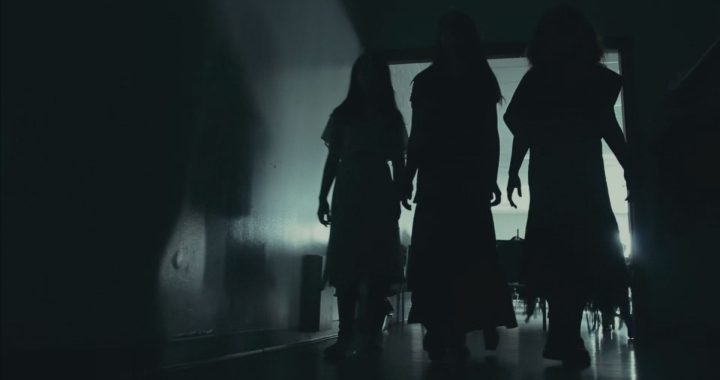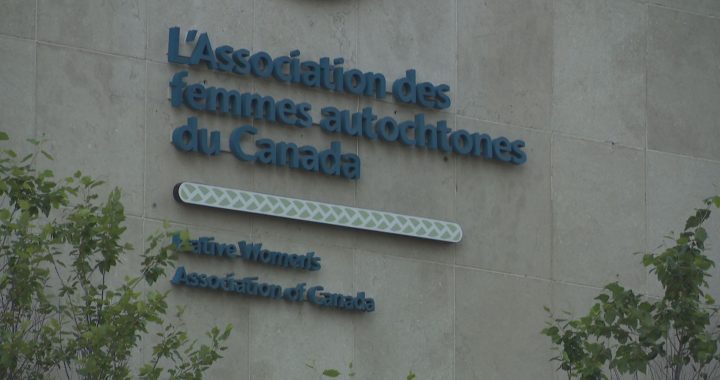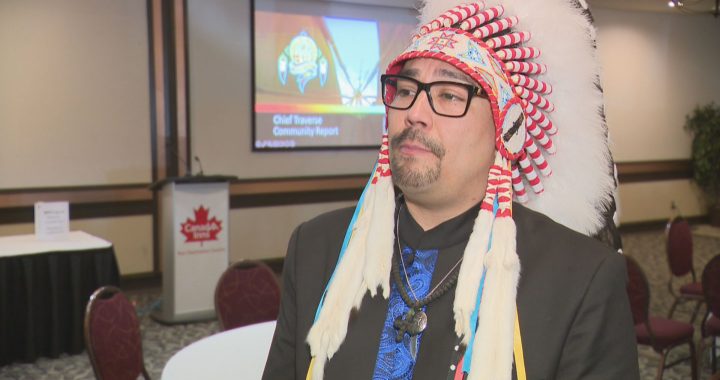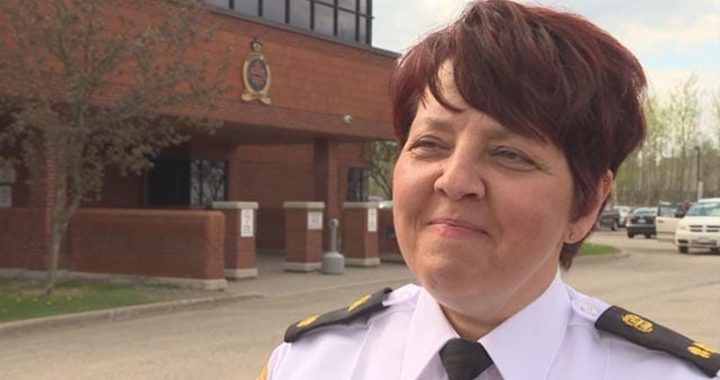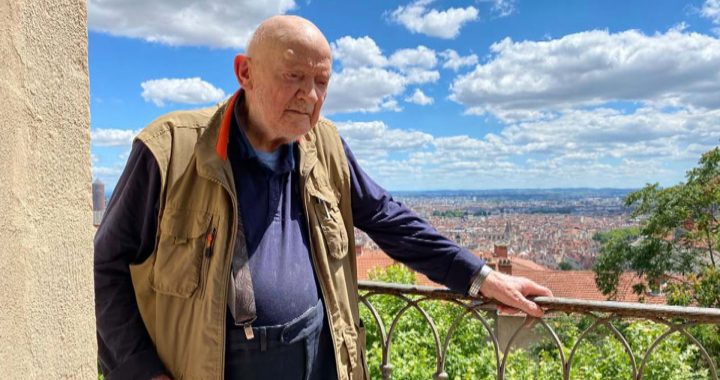Jorge Barrera
APTN National News
OTTAWA—The federal Indigenous Affairs department’s discriminatory attitude that First Nation children were ‘not worth the money’ led to Tuesday’s scathing Canadian Human Rights Tribunal indictment of Ottawa’s on-reserve child welfare programs, says Cindy Blackstock, executive director of the First Nation Child and Family Caring Society.
Blackstock, with the backing of the Assembly of First Nations, launched the initial human rights complaint against Ottawa in 2007 that led to Tuesday’s human rights tribunal ruling that ordered the federal government to launch a complete overhaul of on-reserve child welfare programs.
“Why did we have to bring the government of Canada to court to get them to treat First Nation children fairly?” said Blackstock, during a press conference in Ottawa in response to the human rights tribunal’s ruling. “Why would it ever be okay to give a child less than other children? One of the non-Aboriginal children we worked with said, ‘discrimination is when the government doesn’t think you’re worth the money.’ So what would it be like if you weren’t worth the money? What would it be like if you were the parent of a child that wasn’t worth the money?”
Blackstock, more than any other individual involved in the case, has paid a price for becoming the loudest voice calling for Ottawa to treat First Nation children the same as every other Canadian child.
Blackstock faced documented retaliation from a senior official in the office of former Conservative Aboriginal affairs minister Chuck Strahl and she been under surveillance by Justice Canada and Indigenous Affairs officials as a result of her advocacy.
The previous Stephen Harper federal government, while the current Clerk of the Privy Council Michael Wernick was deputy minister for the then-named Aboriginal Affairs department, also battled Blackstock’s human rights complaint every step of the way.
The federal government took the human rights case to the Federal Court and the Federal Court of Appeal with the aim of having it thrown out. It lost at both levels.
The federal government also failed to disclose 100,000 documents related to the case and was only caught because of an access to information request filed by Blackstock.
As she spoke Tuesday, Blackstock was flanked by AFN National Chief Perry Bellegarde, AFN Manitoba regional Chief Kevin Hart, AFN Ontario regional Chief Isadore Day, Federation of Saskatchewan Indian Nations Vice Chief Kimberly Jonathan and her daughter, along with Manitoba Keewatinowi Okimakanak Grand Chief Sheila North-Wilson.
Bellegarde said he would be leading regional AFN chiefs to a meeting this week with Finance Minister Bill Morneau to discuss the upcoming federal budget. Bellegarde said he would be pushing the minister to increase funding for child welfare.
“We want to see strategic investments in those areas,” said Bellegarde.
Earlier Tuesday, Indigenous Affairs Minister Carolyn Bennett said the Liberal government would be putting more dollars on the table and overhauling the child welfare system.
While Blackstock said she was pleased with the human rights tribunal’s ruling and the Justin Trudeau government’s promises, she said a lot of damage had already been done to children.
Blackstock said an internal Indigenous Affairs Excel spreadsheet revealed that First Nation children in the child welfare system had spent 66 million nights, or 187,000 years of childhood, away from their parents between 1989 and 2012.
“That just really struck my heart,” said Blackstock.
During the press conference, Blackstock also told the story of two First Nation girls who fell victim to the jurisdictional battles over funding between Ottawa and the provinces that were supposed to be remedied under Jordan’s Principle, which was adopted by the House of Commons.
The tribunal ruled that Ottawa must stop applying the principle–which is supposed to put the needs of the child ahead of jurisdictional funding squabbles–so narrowly.
Blackstock recounted the story of one girl, aged 4, who suffered cardiac arrest and anoxic brain injury during a routine dental examination. The girl, whose case was mentioned by the tribunal in its ruling, needed special medical equipment, including a special stroller, bed and mattress to go home from the hospital.
Health Canada refused to fund the equipment.
“All she needs is some equipment to go home for Christmas and the government argued, between (Indigenous Affairs) and Health Canada for over a month. The Health Canada official writes, ‘absolutely not’ on the form. Absolutely not,” said Blackstock.
An anonymous donation purchased the equipment for the girl.
In another case mentioned by Blackstock, a nine-year-old girl was nearing the end of her life and wanted to go home. But she needed a special bed to prevent her from going into respiratory distress.
“Instead of providing that, the government of Canada argued, with Health Canada again, over who should pay it,” said Blackstock. “It took over nine months for that little girl. All she wanted to do was breath and the government wouldn’t pay for it.”
Blackstock said the usual excuses heard around Indian residential schools—that it happened in the past—couldn’t be used on this issue.
“Well, this discrimination toward 163,000 kids is happening on your watch. Some people say it’s just, you can’t throw money at the problem, that is not going to make it grow better,” said Blackstock. “But throwing money at racial inequality for decades will solve the problem?”
Blackstock said the Liberal government didn’t need to study the issue any more and it knows exactly what to do.
“Children only get one childhood. They can’t wait for studies. They shouldn’t have to wait for studies. The government knows what to do for this generation of children, they just have to get down and do it and they know it from their own documents,” said Blackstock. “I pray we can finally use this as a nation to end racial discrimination that is happening in this country. This is our Mississippi.”
@JorgeBarrera




